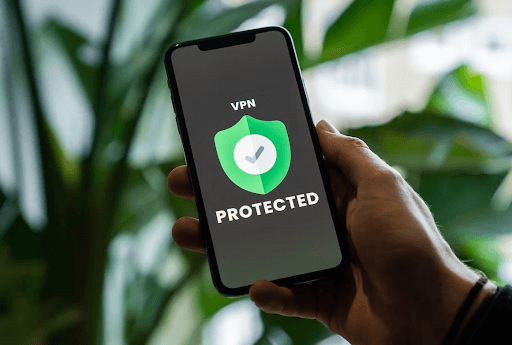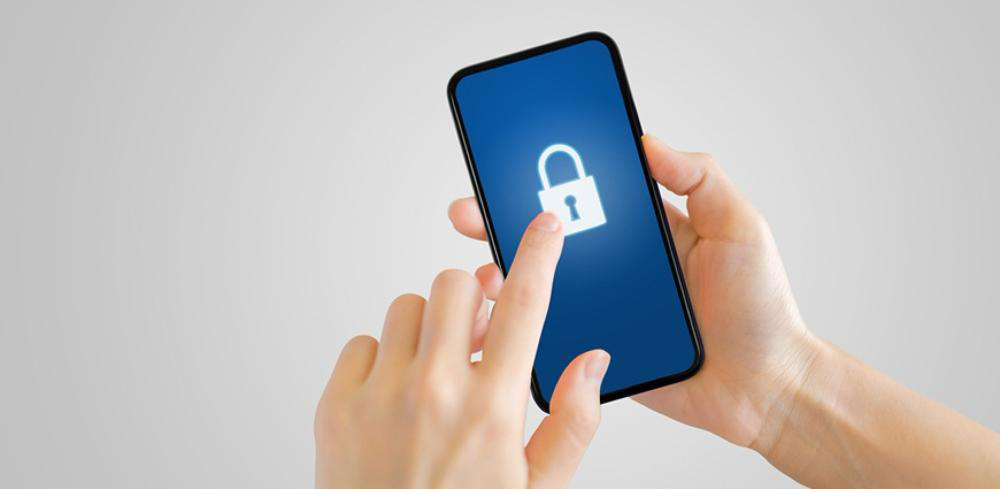Safeguarding online privacy has become a pressing concern. With the growing volume of shared and stored data, the need for measures to protect against unauthorized access is something as necessary as a password. This implies the need to encrypt data at all stages of their use: storage and transmission.
Encryption encodes data, limiting access to authorized individuals or systems. VPNs establish an encrypted network connection, allowing users to browse the internet securely. Together, encryption and VPNs form a robust defense for online privacy.
Best Practices For Using Encryption And VPNs
-
For optimal security and privacy when using encryption and VPNs, follow these essential guidelines:
-
Enhance security with two-factor authentication (2FA) for encryption and VPN accounts.
-
Keep your encryption and VPN software up to date with the latest security patches.
-
Prioritize services that offer strong encryption, adhere to a no-logs policy, and protect your privacy.
-
Trust reputable VPN providers with a proven track record of security and privacy protection.
-
Verify for DNS leaks to ensure your internet traffic remains confidential.
-
Avoid free VPN services that may compromise security or sell your data to undisclosed parties.
-
Secure all internet-connected devices, including smartphones, tablets, and laptops, with encryption and VPNs.
Role of VPNs in Privacy and Security
#1 Secures Data Access
VPN provides secure data access through controlled authorization, ensuring only authorized users can utilize encrypted virtual tunnels. This is particularly beneficial for organizations enabling remote work and granting employees access to critical data over public networks.
By implementing encrypted and secure access control, not only is network connection safeguarded, but data access is also highly protected. Consequently, organizations can rest assured, knowing that unauthorized data access, leakage, or exposure is not a concern when operating on unsecured public networks.
#2 Limits Data Access
VPN enables secure access to an organization's servers and databases. When connected via a VPN, any employee can unlock the relevant data without compromising their security.
#3 Hides IP Address
VPNs are a widely used and effective solution for safeguarding your IP address. By concealing your IP, VPN for PC offers a significant level of privacy and ensures the anonymity of your online activities.
Downloading a VPN for a PC is enough to secure your info and hide your browsing history. For example, one of the VPN favorites, VeePN, has 2500+ servers. You can manually switch between all VeePN servers.
This makes it impossible for you to be tracked. The service also offers a free trial mode of use.
#4 Enhances Browsing Privacy
Do you think that your data can be stolen at any moment? And it would be worth it, especially when conducting financial transactions over the network. All and sundry collect and analyze your data and this is just what happens legally.
Fraudsters are also not far behind, but they will not ask you anything. VPN is your solution that hides any data from all third parties. It doesn't matter if they have the right to do so or not.
#5 Secures Data Transmission
VPN technology is crucial for maintaining secure networks. It ensures that all data transmitted through the network is protected by a secure encrypted virtual tunnel. This not only disguises the IP address and location but also safeguards the entire connection and its data against external threats or attacks.
Through end-to-end encryption techniques, VPN technology guarantees maximum security and privacy of the data and network. Routing the data through an encrypted tunnel effectively prevents cyber threats and the risk of data exposure or leakage. Even if a hacker were to intercept the private network, the data remains inaccessible, ensuring its utmost security.

Factors to Consider When Choosing VPN
When it comes to safeguarding online privacy, selecting encryption and VPN tools requires thoughtful consideration. Key factors to highlight include the following:
Security: Prioritize encryption and VPN tools that offer robust security features, such as strong encryption protocols and a strict no-logs policy to safeguard your privacy.
Speed: Opt for encryption and VPN tools that deliver fast and reliable connections, as some tools may negatively impact internet speed.
Compatibility: Ensure that the chosen tools are compatible with your devices and internet access software.
User-Friendliness: Look for tools that are easy to navigate, catering to users with varying levels of technical expertise.
Reputation: Choose encryption and VPN tools from reputable providers with established track records of prioritizing security and privacy.
Conclusion
A VPN is a key data protection tool and this applies to both personal and commercial data. The main concern comes down to security, but that's not all. It is important to ensure compliance with various data security regulations such as GDPR, HIPAA, and PCI DSS. Despite some downsides, the significant advantages of VPN technology far outweigh its limitations.









